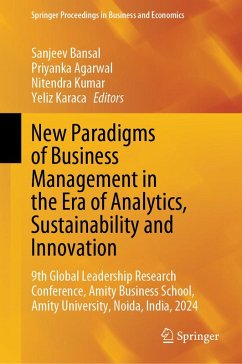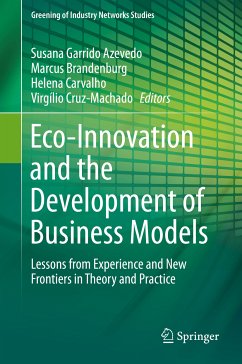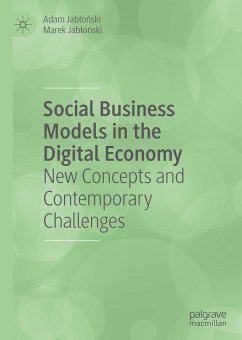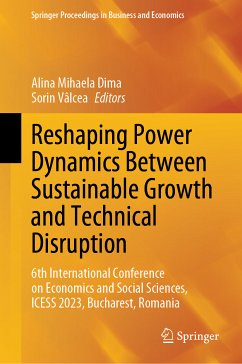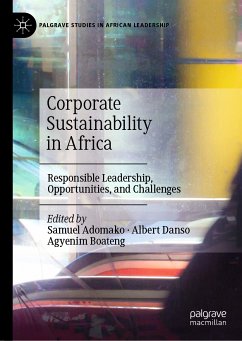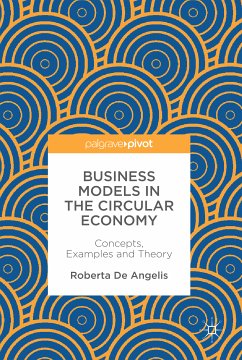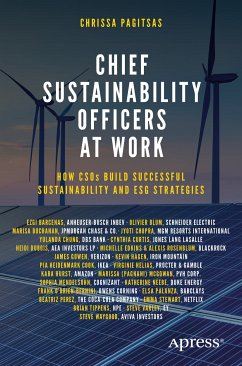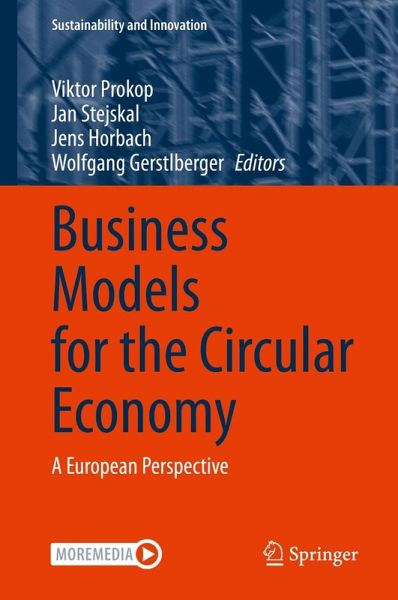
Business Models for the Circular Economy (eBook, PDF)
A European Perspective
Redaktion: Prokop, Viktor; Gerstlberger, Wolfgang; Horbach, Jens; Stejskal, Jan
Versandkostenfrei!
Sofort per Download lieferbar
80,95 €
inkl. MwSt.
Weitere Ausgaben:

PAYBACK Punkte
40 °P sammeln!
Increased ecological awareness and the growing scarcity of resources have led to the introduction of new environmental standards, triggering enterprises, regions, and even countries to adopt new business models and industrial reconversion approaches. However, despite increased interest in business models and their innovation, it still lacks the integration of circularity and sustainability and to date research on these areas is still limited. This book, therefore, provides readers with a closer picture of the issues of business models and their innovation for the circular economy in Europe, wh...
Increased ecological awareness and the growing scarcity of resources have led to the introduction of new environmental standards, triggering enterprises, regions, and even countries to adopt new business models and industrial reconversion approaches. However, despite increased interest in business models and their innovation, it still lacks the integration of circularity and sustainability and to date research on these areas is still limited. This book, therefore, provides readers with a closer picture of the issues of business models and their innovation for the circular economy in Europe, where the issues of sustainability and the shift towards the circular economy have become cornerstones of European policies and documents and where significant differences have been identified between firms and countries. This book provides a unique view of different European perspectives and enables the reader to compare the situation in countries with completely different historical and economic conditions as well as with different perceptions of the need for the actions leading to the sustainable development and to the shift towards the circular economy.
Dieser Download kann aus rechtlichen Gründen nur mit Rechnungsadresse in A, B, BG, CY, CZ, D, DK, EW, E, FIN, F, GR, HR, H, IRL, I, LT, L, LR, M, NL, PL, P, R, S, SLO, SK ausgeliefert werden.




